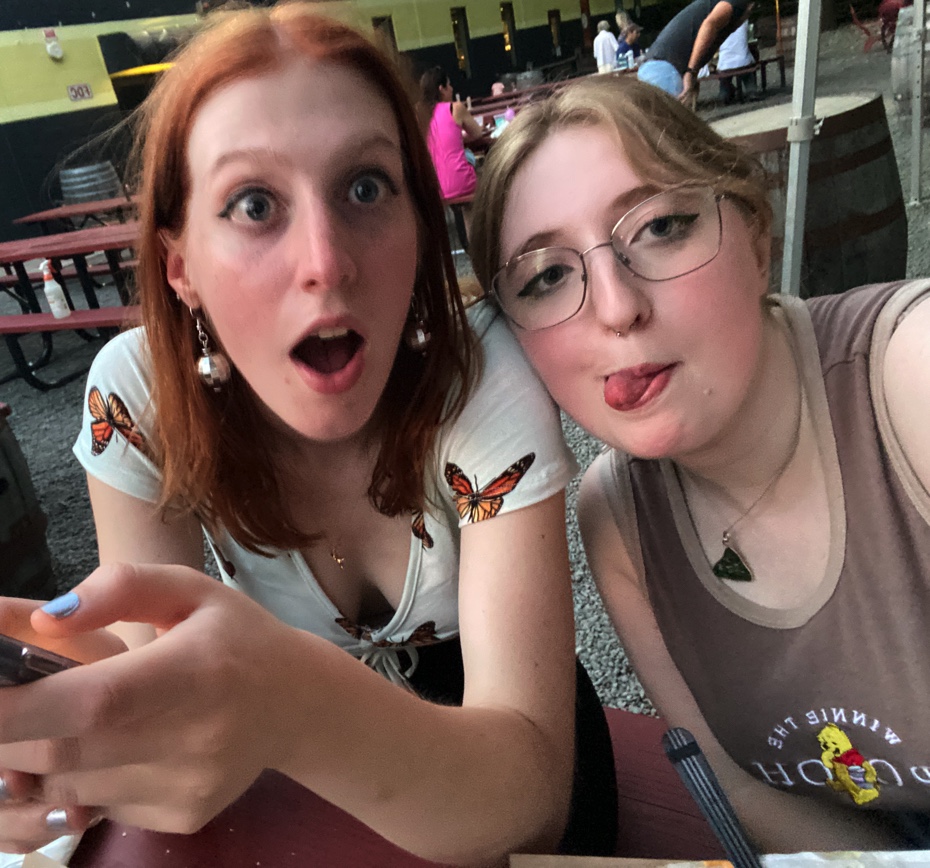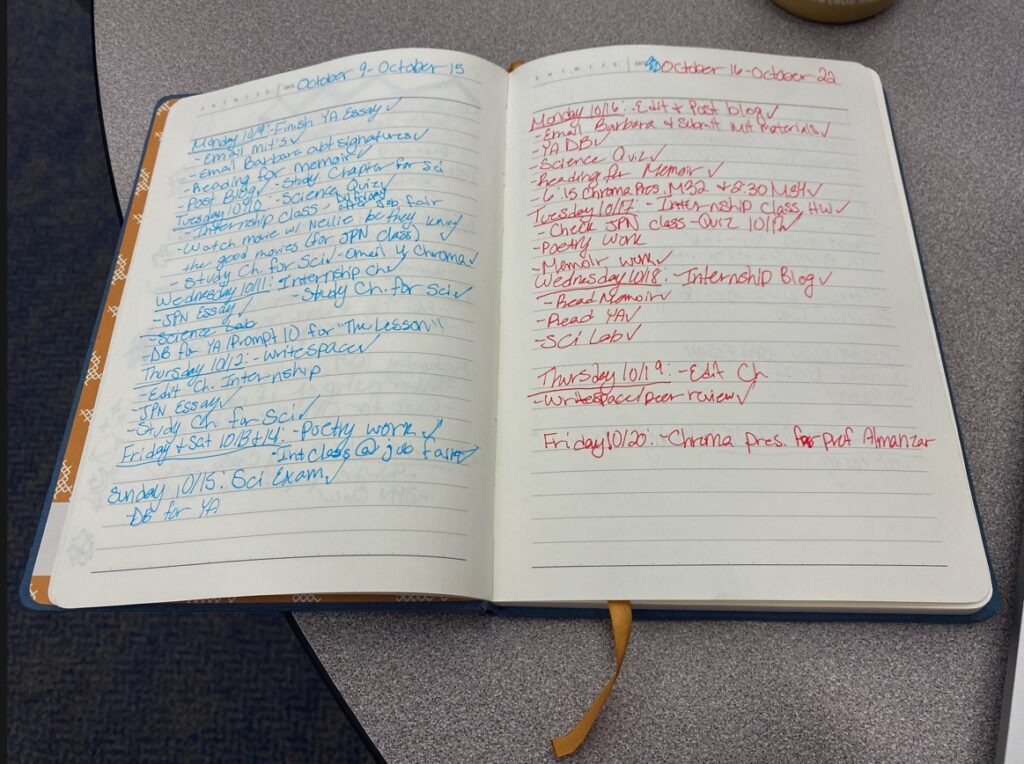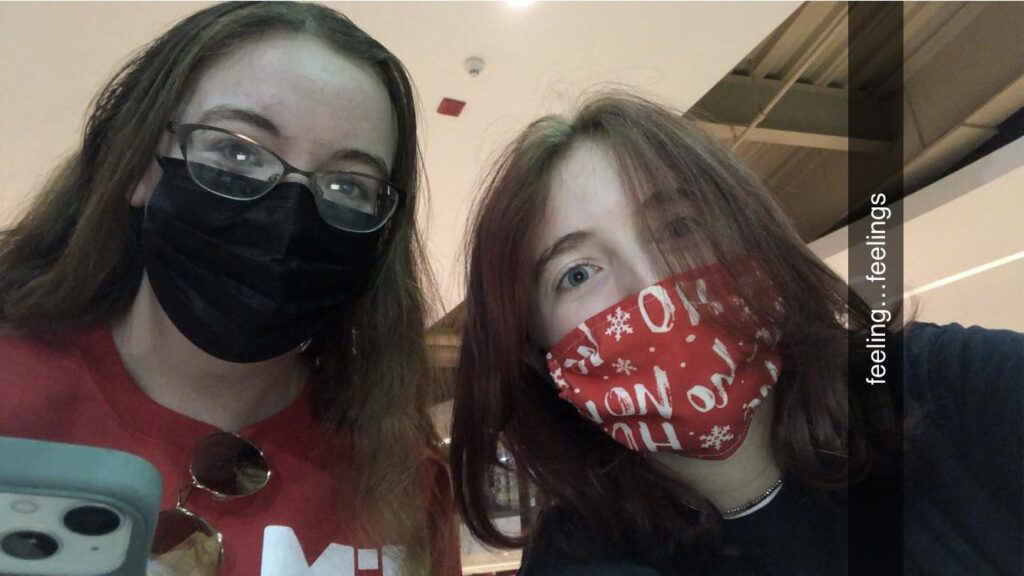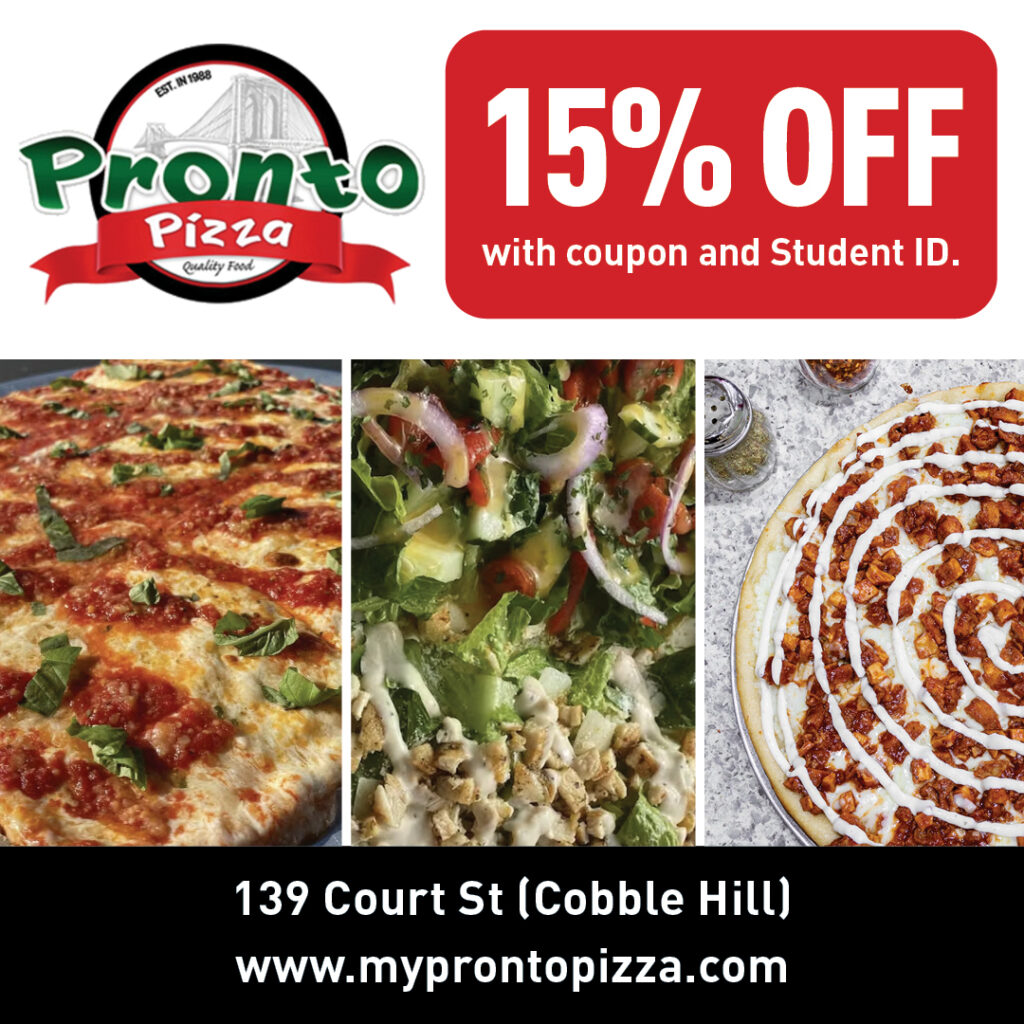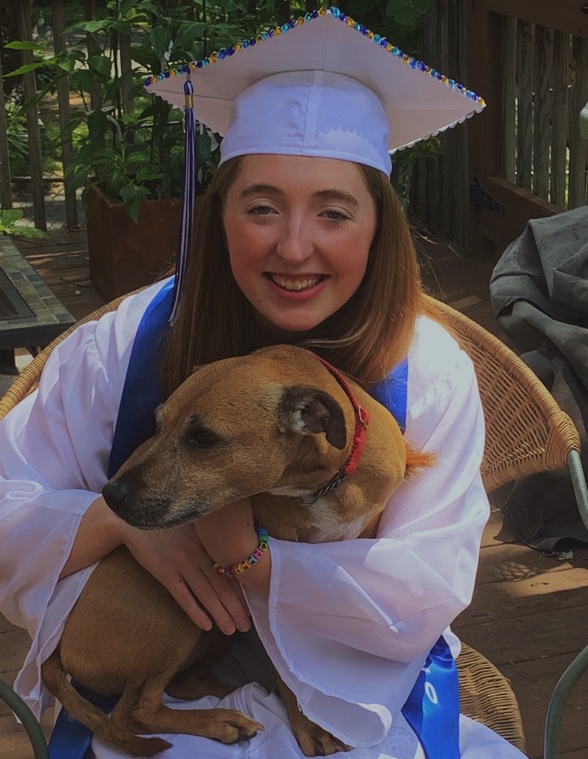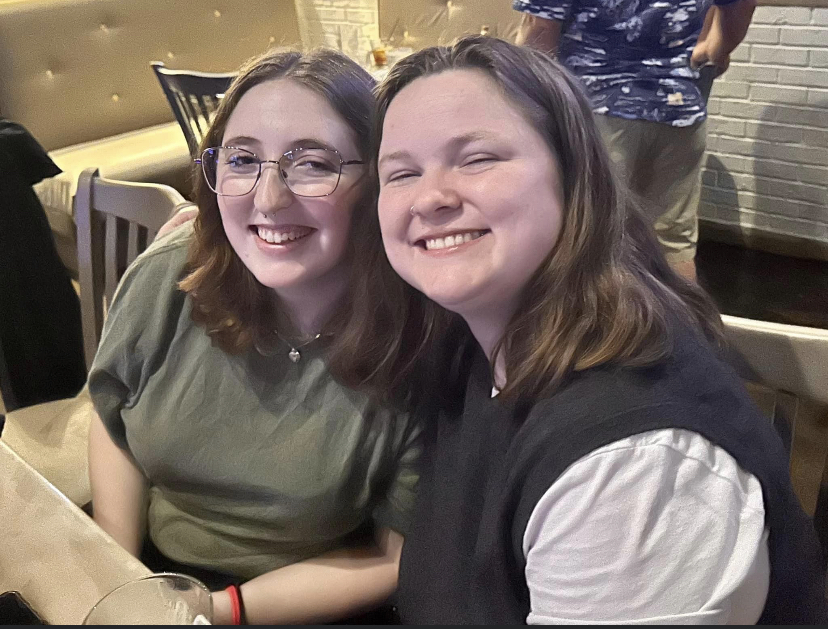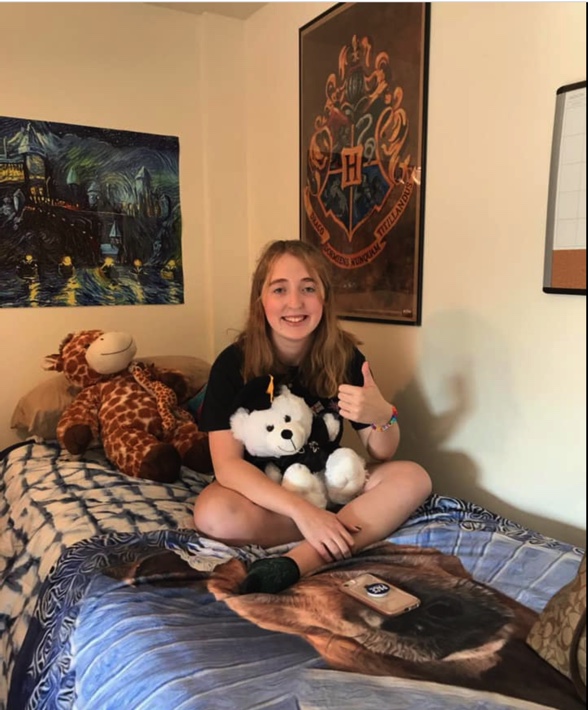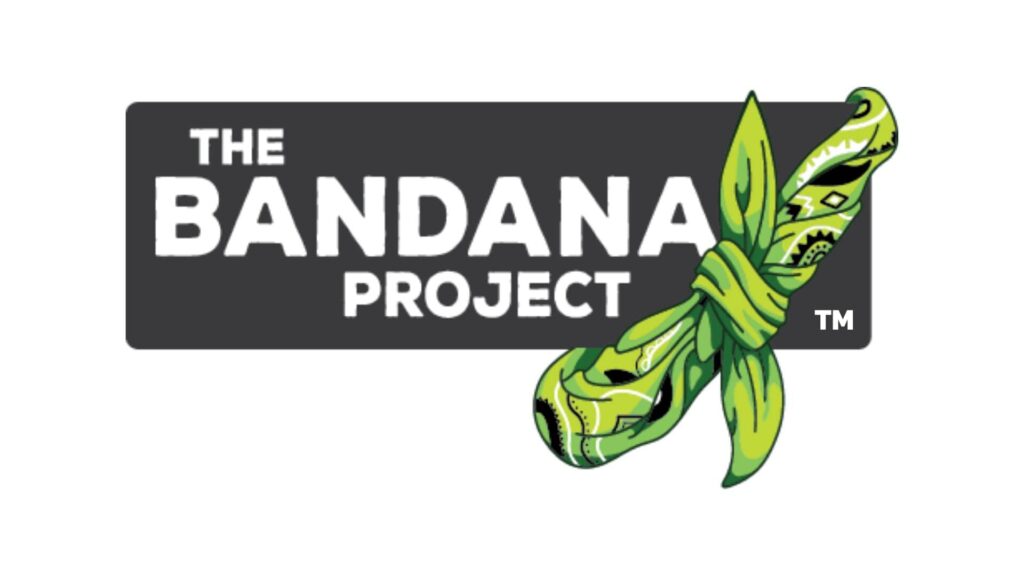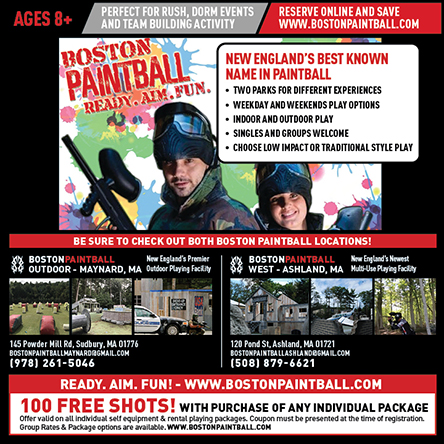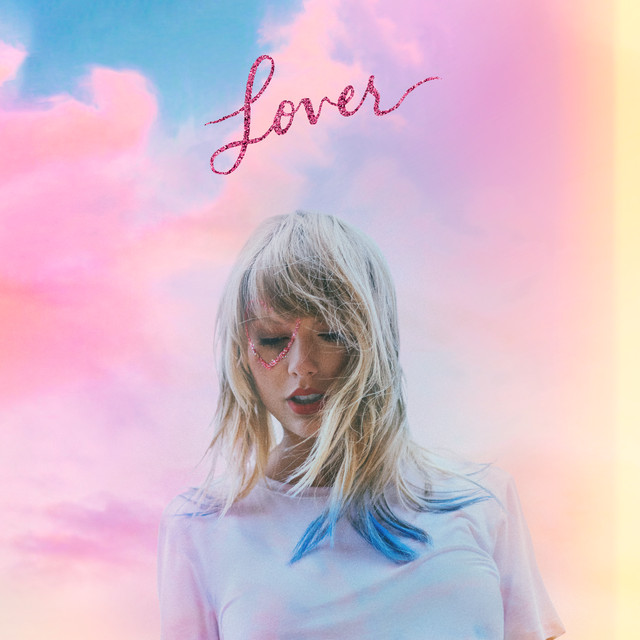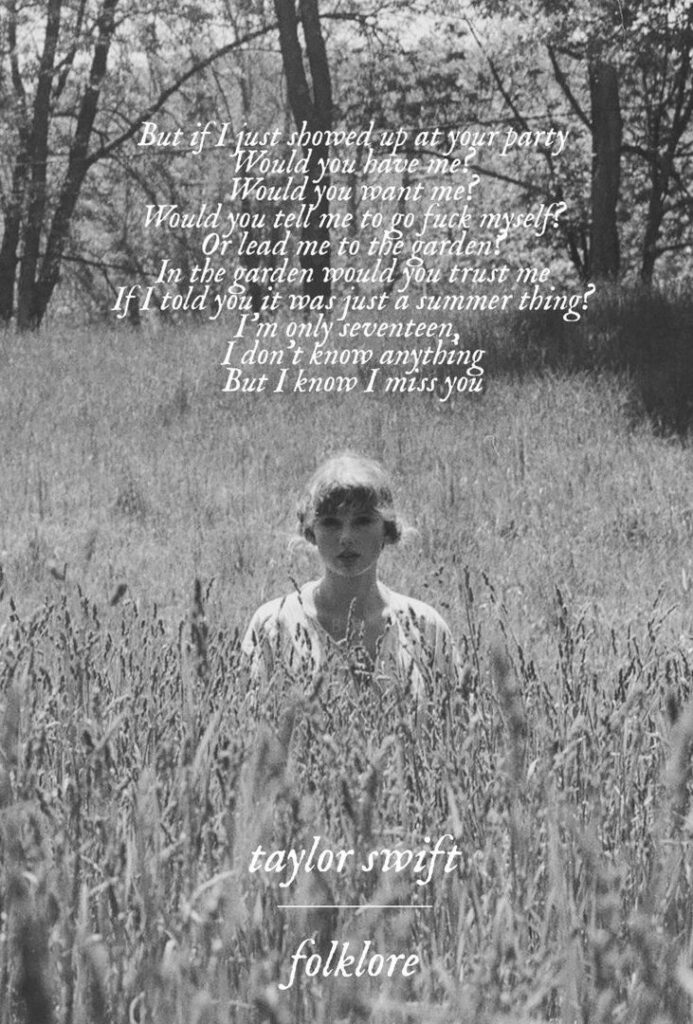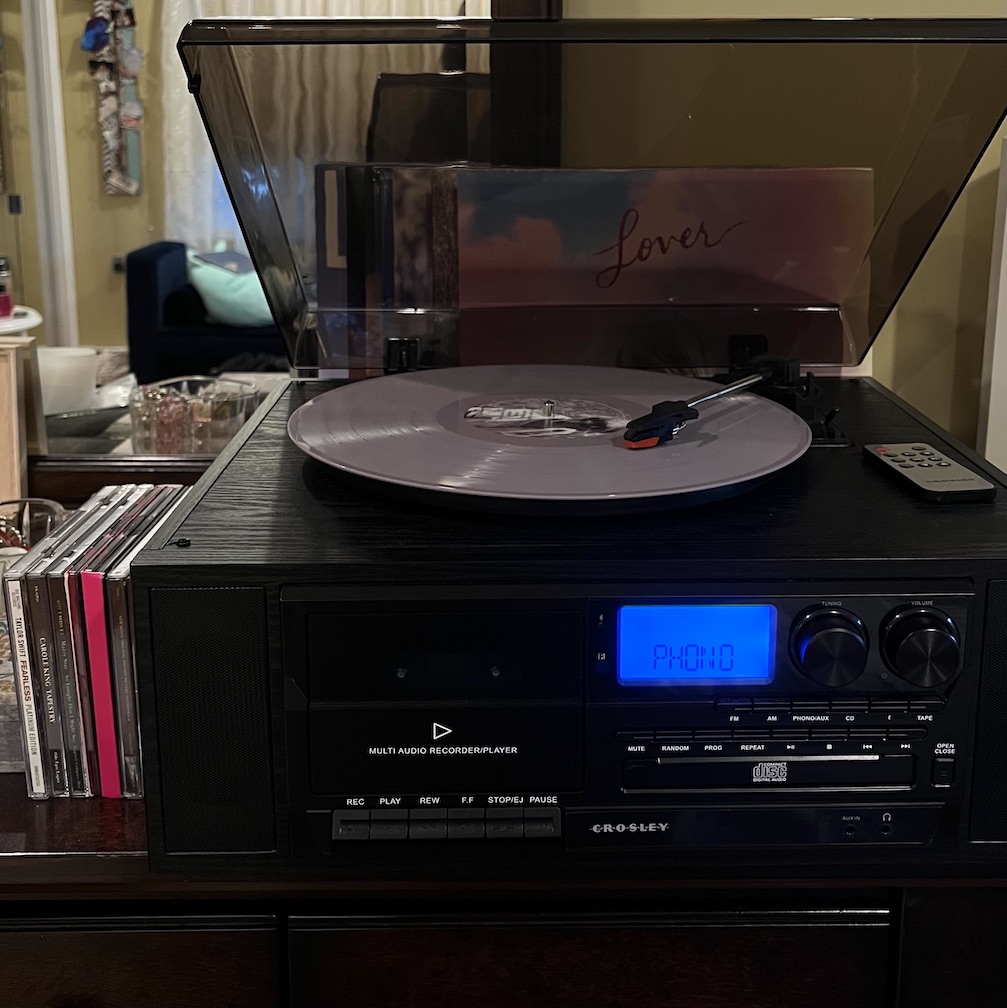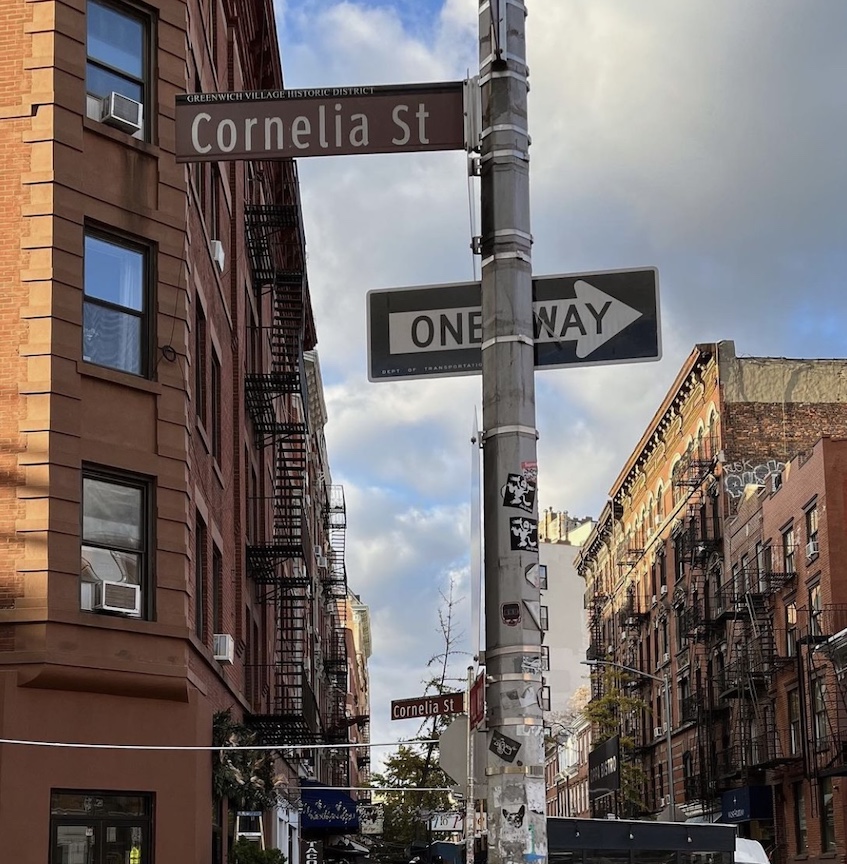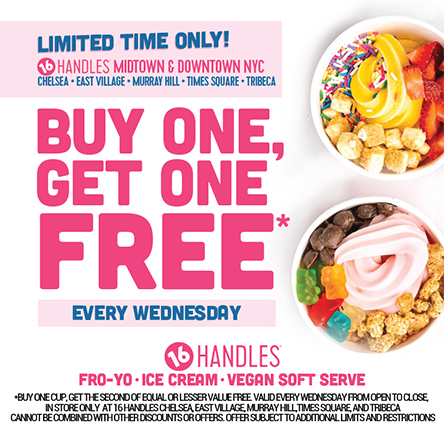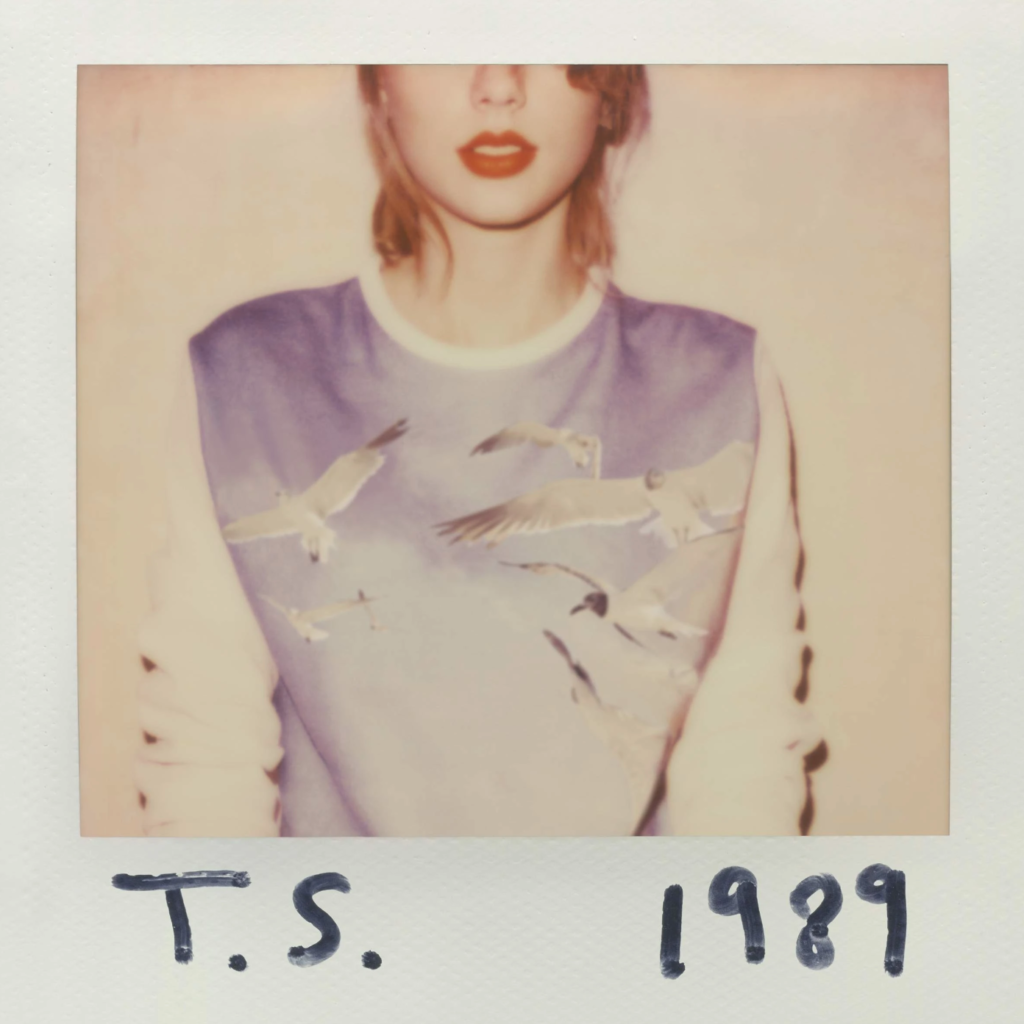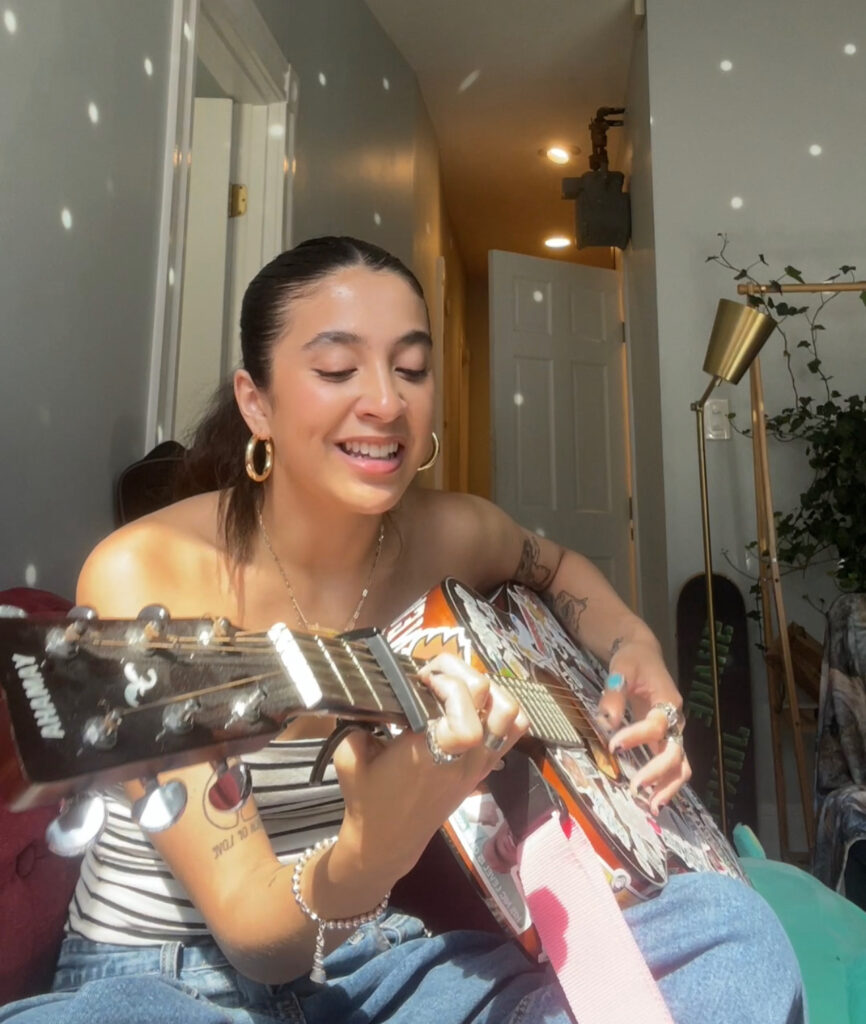Someone has probably told you that everyone is good at something. The idea that talent must be harvested and discovered has been drilled into our brains since childhood. Countless movies and cartoons teach kids to find their talent (sometimes called other names like “spark” or “gift”), and those who fall behind the rest, wasting their childhood finding what makes them special, can’t help but feel like there’s something wrong with them. In a not-more-fortunate contrast, those who “find” their talent are forever bound to it, like prisoners to the spark that becomes their whole sense of identity.
The former, those who spend their lives searching for a mystery, may try every single hobby available. They might have signed up for karate, painting, chess, or poetry classes—perhaps even all—hoping to discover whatever gift they were born with. Eventually, they will realize they have no talent, so according to that Disney movie they once saw their lives must be meaningless. After all, how can they even excel at anything if they lack talent?
The latter, those who find what they are good at, may have tried a couple of hobbies before finding their spark, and when they did, their lives formed around it. Eventually, they won’t be allowed to do anything outside their gift because that is what “they were born to do.” If they ever wanted to chase after a different dream, it would be frowned upon. After all, wouldn’t pursuing something different be a waste of talent?
Whether or not you relate to one of those mentioned fates, it is undeniable that people’s success is often credited to their gift. For instance, after putting all their effort into a successful project, gifted people will hear comments like: “That’s because you are talented–it’s so easy for you.” And they will smile at the intended-to-be-compliment, feeling all their hard work invalidated. On the other—unlucky—hand, the ones without innate abilities might feel tempted not to learn anything as they are conditioned to think only talented people get to succeed.
Unfortunately, people tend to forget that there are two things undoubtedly more influential than talent: discipline and dedication. While talent is that natural ability, skills are developed through practice. Your gifts take you only so far. Your skills are the ones you can evolve to where they need to be. There is no room for talent in a room full of skilled professionals who have worked hard for their abilities. With that said, I don’t mean talents are not something to celebrate, but they are not the finish line. Thus, the pressure to find them must be eased. Likewise, if you do encounter your talents, you are not bound to them.

I first learned to differentiate gifts from skills in high school. My best friend couldn’t understand a thing about chemistry, but I easily understood it. He claimed chemistry was my talent and I believed it. We studied together and I saw him going through longer study sessions, solving more problems, while I watched movies or played video games. The exam results came, and he had earned a better grade than mine. Surely, if he had studied as little as me, he would have failed, but he was able to surpass me by simply trying harder. He took quite a liking for chemistry after that and pursued a career in science. I did as well.
Like many who discovered their talent, I thought my only choice was to be a chemist because I was meant to do that. I went to college for three years and was seemingly content. But after moving to New York City, I started to question many things about myself and one of them was if being a scientist was what I really wanted. It took some unlearning until I realized that writing was what fulfilled me. To pursue a career in writing, I had to develop skills and work hard like my high school friend did. After taking some time to learn the language, I started college again with a new major in English.
My high school friend recently graduated from the biochemistry program. He became a fine scientist through training and practice because that was what fulfilled him professionally. I now continue my journey as a college student and writer. Although it doesn’t feel as easy as chemistry—my gift—did, I feel like finally being on the right path. Simply, I am the happiest I’ve ever been.
If you have found what you are good at and it feels right to pursue it, please do. Many people who followed—and developed—their talents have become extraordinary individuals. Just make sure you pair your gifts with skills and don’t let others minimize your efforts. However, if your path doesn’t make you happy, find another one. You might discover a new talent or, like me, a career that fulfills you whether you are great at it or not.
If you haven’t—or never—found what you are good at, look for what makes you happy. Sometimes, we do something difficult and it doesn’t come out great on our first try, but it still makes us feel accomplished. That is the feeling you must cling to. Study, train, and develop the skills necessary for that career. The outcome might surprise you because, like my friend, you don’t have to be gifted to be exceptional.

By Roxanna Cardenas
Roxanna is a Venezuelan writer living in New York City. Her works include essays, poetry, screenplays, and short stories. She explores fiction and non-fiction genres, with a special interest in horror and sci-fi. She has an A.A. in Writing and Literature and is working on her B.A. in English with a Creative Writing concentration.
For over 20 years, the Campus Clipper has been offering awesome student discounts in NYC, from the East Side to Greenwich Village. Along with inspiration, the company offers students a special coupon booklet and the Official Student Guide, which encourages them to discover new places in the city and save money on food, clothing, and services.
At the Campus Clipper, not only do we help our interns learn new skills, make money, and create wonderful e-books, we give them a platform to teach others. Check our website for more student savings and watch our YouTube video showing off some of New York City’s finest students during the Welcome Week of 2015.


